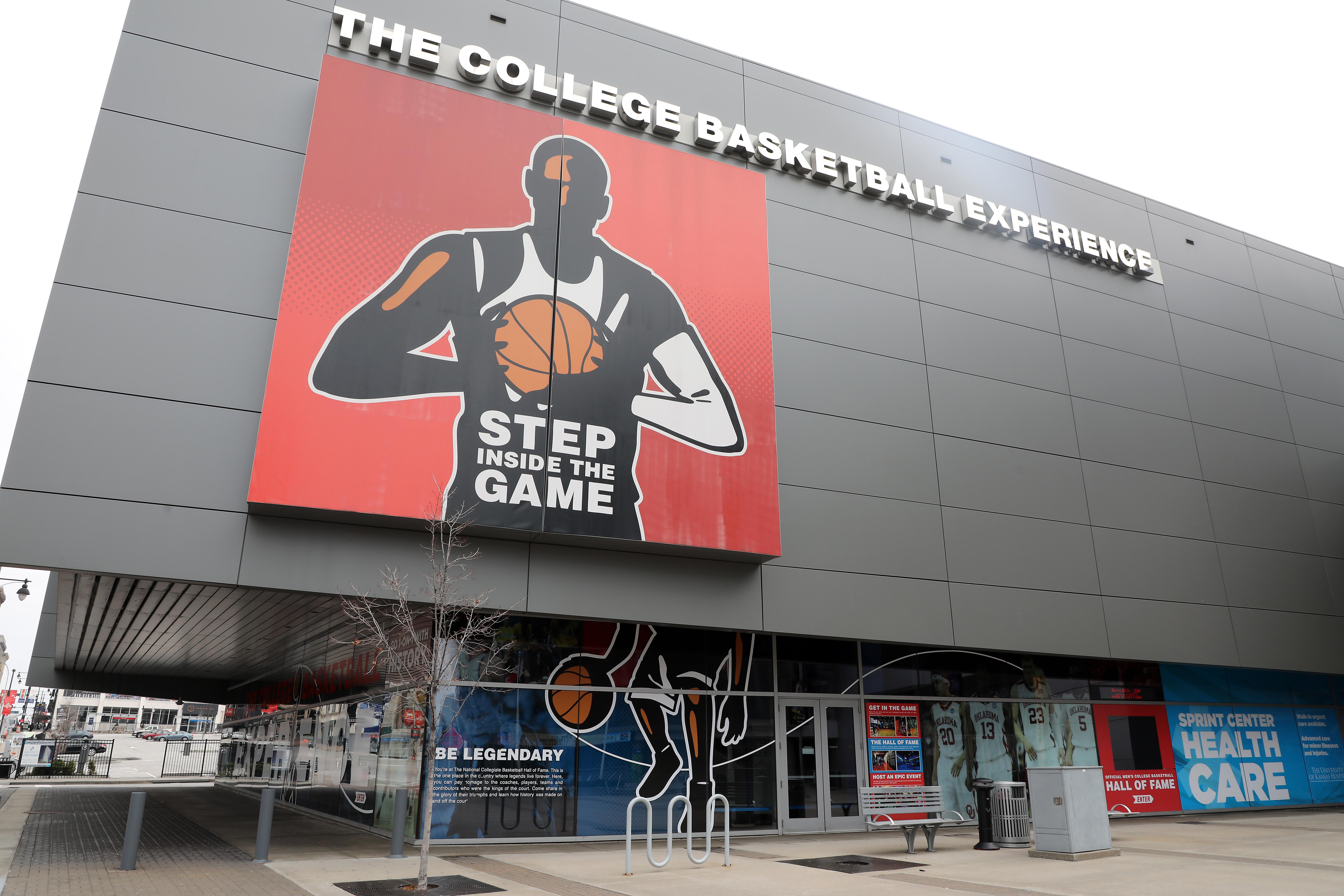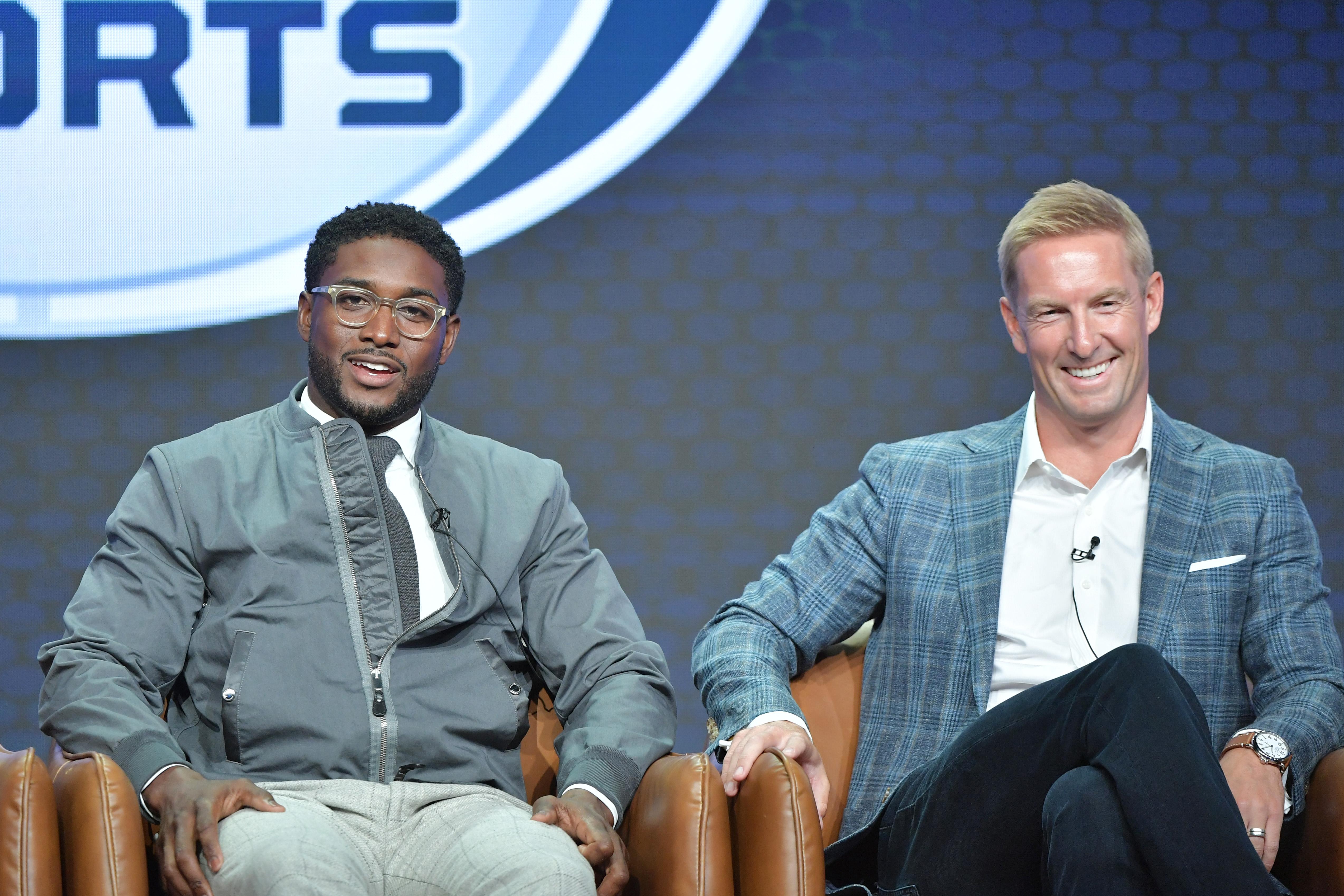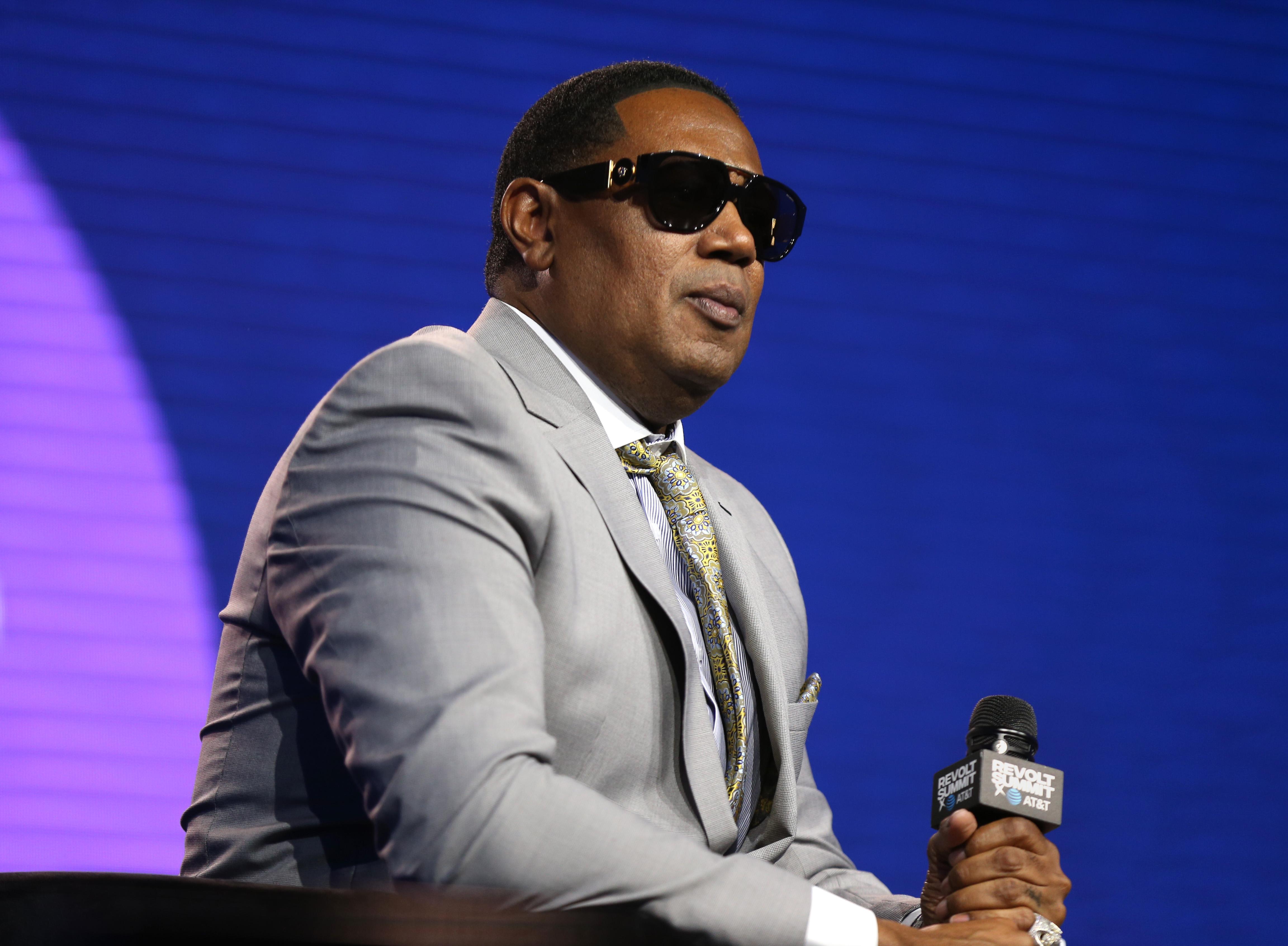Now That College Athletes Can Be Paid, Here Are the Ones Earning the Most
Now that college athletes are now allowed to be paid, several have signed lucrative deals. Here are the highest-paid college athletes.
Sept. 7 2021, Published 9:06 a.m. ET

One of the biggest changes in college sports happened on Jul. 1, 2021, when the NCAA allowed its athletes to profit off from their own NIL (name, image, and likeness). As a result, college athletes and recruits have been able to make money off of autograph signings, endorsements, personal appearances, and other activities, depending on state regulations. Whereas each state has passed its own NIL legislation the NCAA and federal government haven’t come together yet to pass a federal NIL law.
With athletes having the opportunity to get paid from their NIL, other opportunities for them to make money and venture into the business world have opened. Before the NCAA's changes, athletes would be penalized for taking any form of payment outside of scholarships and grants. The penalties would range from suspension, loss of scholarships, having to return the profits, or being permanently barred from NCAA sports.
Athletes fought for years for the right to profit from their NIL, especially because of how much money the NCAA makes off the athletes. In 2010, the NCAA signed a deal with CBS and Turner worth 10.8 billion over 14 years, according to ABC. That deal was for the NCAA basketball tournament alone, for which the parties later agreed to an $8.8 billion extension for eight more years, extending to 2032. While the athletes probably won’t be signing billion-dollar contracts, at least they’ll be able to sign their own contracts while in school.

The history of the old NIL rule
There are many stories of athletes who have been penalized by the NCAA for accepting outside money before the new ruling. One infamous story is that of college football legend Reggie Bush, who lost his 2005 Heisman Trophy because he received money during college that the NCAA ruled was a violation.
And not even two years ago, a top college athlete was penalized for receiving outside money—except he didn’t even accept payment. Current NBA player James Wiseman was the second pick in the 2020 NBA draft. But before that, he was forced to take an early departure from his college, the University of Memphis.
In Wiseman’s junior year of highschool, his family reportedly accepted $11,500 from Penny Hardaway, the University of Memphis's men’s basketball head coach, who was a highschool coach in Memphis at the time. The money was to help the family move from Nashville to Memphis so that Wiseman could play basketball for Hardaway’s highschool basketball team.
Even though both Wiseman and Hardaway weren’t in the NCAA at the time, the NCAA still ruled Hardaway a college booster giving outside money. Wiseman would end up being suspended from playing college basketball for 12 games and told he would have to donate $11,500 to a charity if he wanted to return. Wiseman instead left college basketball and went to the NBA.
California’s “Fair Pay To Play” Act helped the NCAA change the NCAA’s NIL ruling
In Sep. 2019, California governor Gavin Newsom signed the Fair Pay to Play Act into law, allowing college athletes to be compensated for the commercial use of their identity. The bill stated that the law would be effective in 2023, but Newsom changed the effective date to Sep. 1, 2021, according to California Globe. California introducing the bill in September helped force the NCAA’s hand in changing its NIL rule.

Who are the highest paid college athletes?
On Jul. 2, 2021, incoming freshman Tennessee State basketball player Hercy Miller signed a four-year, $2 million endorsement deal with technology company Web Apps America. Miller, who’s the son of notorious artist Master P, is currently the highest-paid college athlete. Many other college athletes have signed deals with companies but the details are private. University of Miami quarterback D’Eriq King and defensive end Bubba Bolden agreed to deals with a Florida-based moving company, College Hunks, with the deals worth a reported $20,000 combined.
